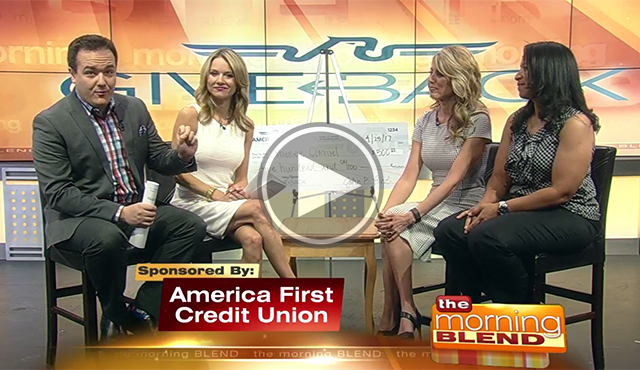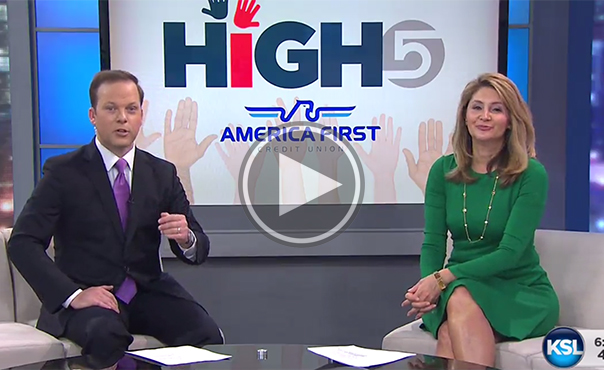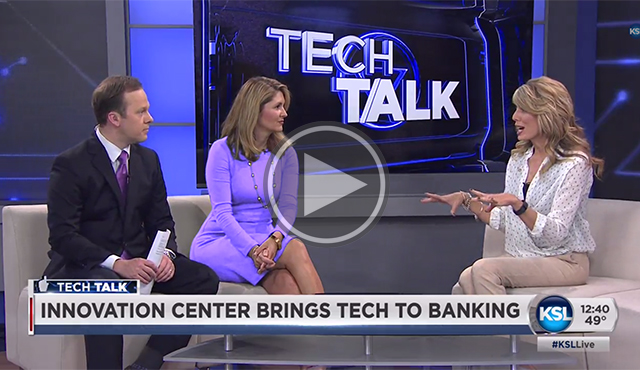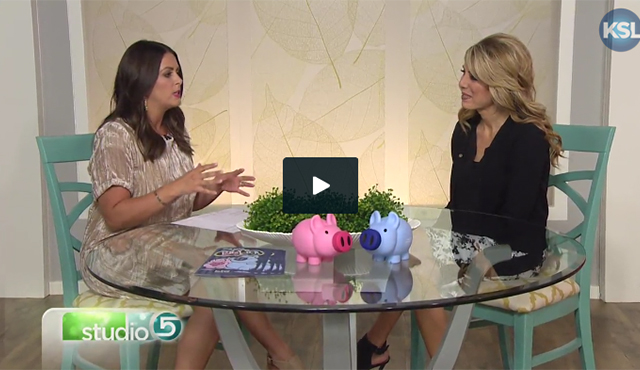Whether you’re wading into the world of borrowing with a credit card or diving into the deep end with a mortgage, the process can be daunting for someone who hasn’t done it before. If you’re looking for a lender to meet your financial needs, here are some tips on how to apply for your first loan.
Defining the Terms
In order to feel comfortable when you apply, here are a few common terms:
- Principal – the actual amount you borrow
- Interest – percentage the financial institution charges for lending money
- Term – how long until you pay it back
- Down Payment – initial amount you put in when buying
- Collateral – something lenders are offered in case you can’t pay your loan
Gathering Information
You’ll need to provide certain information. First, determine the specific amount you want to borrow, remembering not to take on more debt than necessary. Second, most lenders require proof of income and employment history. Consider how much you make and spend every month, then estimate your monthly payments. When you know this, you’ll get a better idea of how much you can spare. America First offers easy-to-use mortgage calculators and auto loan calculators to help you figure out what your monthly payments could be.
Then, look up your credit score, which is essentially your financial grade. It tells lenders how well you pay debts. A score above 700, for example, is considered good. The higher your number, the more you can borrow — at a lower interest rate, too. America First gives you quick and free access to your FICO® score through online banking.
If you have no credit, you can build it up by using and regularly paying off a credit card. If your score is low, that doesn’t necessarily mean you can’t get a loan, but you may face a higher interest rate. Those with better credit can co-sign for you, but remember their scores could be negatively affected if you don’t make the payments.
Actually Applying
Many people apply for loans at credit unions or banks. However, you can also finance vehicles at the dealership, home loans at mortgage companies, or student loans at universities. Shop around for the best rates, terms and an institution you trust.
There are ways to lower your rate. Besides having good credit, bigger down payments usually bring the interest rate down. You can also extend the term to lower your rate, but that means it’ll take longer to pay back. Most auto loan terms range between five to eight years. Mortgages are 10 to 30 years.
You’ll also need to decide if you want variable or fixed rates. Fixed stay the same for the entire term, whereas variable rates can change throughout. Some people like the consistency of a fixed, while others prefer the flexibility of variable.
If you’re still anxious about getting your first loan, bring an experienced friend or family member with you for advice and guidance. America First also has free financial counseling services and helpful loan officers to help prepare you for your journey into borrowing.








